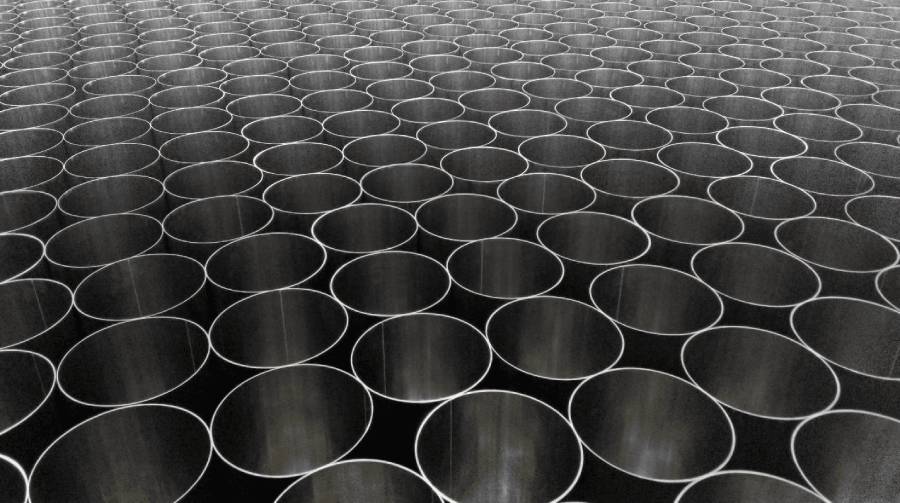
Nickel alloy 400 is a prevalent alloy which has many applications. Its properties and compatibility with industrial working make it a favorable candidate for many applications. The nickel alloy 400 tubing is the most popular application of this alloy and can be found in most industries. They are produced in bulk as they suit a variety of needs of many industries due to their anti-corrosion and long lifespan.
Physical and Chemical properties
The nickel 400 alloy has a density of 8.8 grams per cubic centimeter and has a specific heat of 427 joules per kilogram kelvin. It has an excellent elastic modulus of 182 gigapascals and 22 watts per meter kelvin thermal conductivity. These physical properties make the alloy suitable for application in various industrial settings, demanding specific ranges in each of these properties.
The alloy consists of Nickel and Cobalt at a maximum percentage of 70. Other elements added to enhance the alloy are Copper, Carbon and Manganese in small quantities depending on the specific requirements of the industry. It has a hardness of around 130 on the Brinell scale, making it a favorable choice.
Durability and resistance to corrosion
Nickel alloy 400 is known for its corrosion-resistant property. It is incredibly effective against the most potent acids like hydrofluoric acid, hydrochloric acid and sulfuric acids. This property makes the alloy well-favored over all other copper alloys, which don’t exhibit a strong suit in resistance to strong acids in all concentrations.
The alloy is resistant to corrosion against saltwater in all concentrations. For prolonged usage and sparse installations, pipes and other products made out of nickel 400 alloy are preferred due to their lower rates of erosion. Their corrosion tests return ten times lower than the nickel 200, making them the leading choice for industries.
Operations performed on the alloy
The nickel alloy 400 is suitable for both cold and hot working. Cold working mainly involves working on annealed material which provides greater flexibility to operate than most materials. The alloy itself is soft and becomes more pliable when heated to high temperatures. This allows you to transform the material into many forms to suit the applications and desires of the industry.
The nickel alloy 400 tubing is suitable for machining and welding. It is compatible with most tools that meet industry standards and can be welded as a filler material. The alloy is remarkable for its compatibility with a wide range of other filler materials readily available in the market, making their application more manageable.
Industrial applications
The alloy finds many applications in industries like the chemical and ore processing industries due to its resistive nature to corrosion from various acids. Refining petroleum, marine elements and water treatment plants are other product applications.
The nickel alloy 400 can be converted to bars, sheets, tubes, pipes and plates, making it incredibly useful for all-round installation in the industry. Buyers prefer one material in all their products to reduce the hassle of maintenance and compatibility. The alloy is available in various sizes of tubes, especially popular in the larger ones making it a good choice for large-scale industries.
